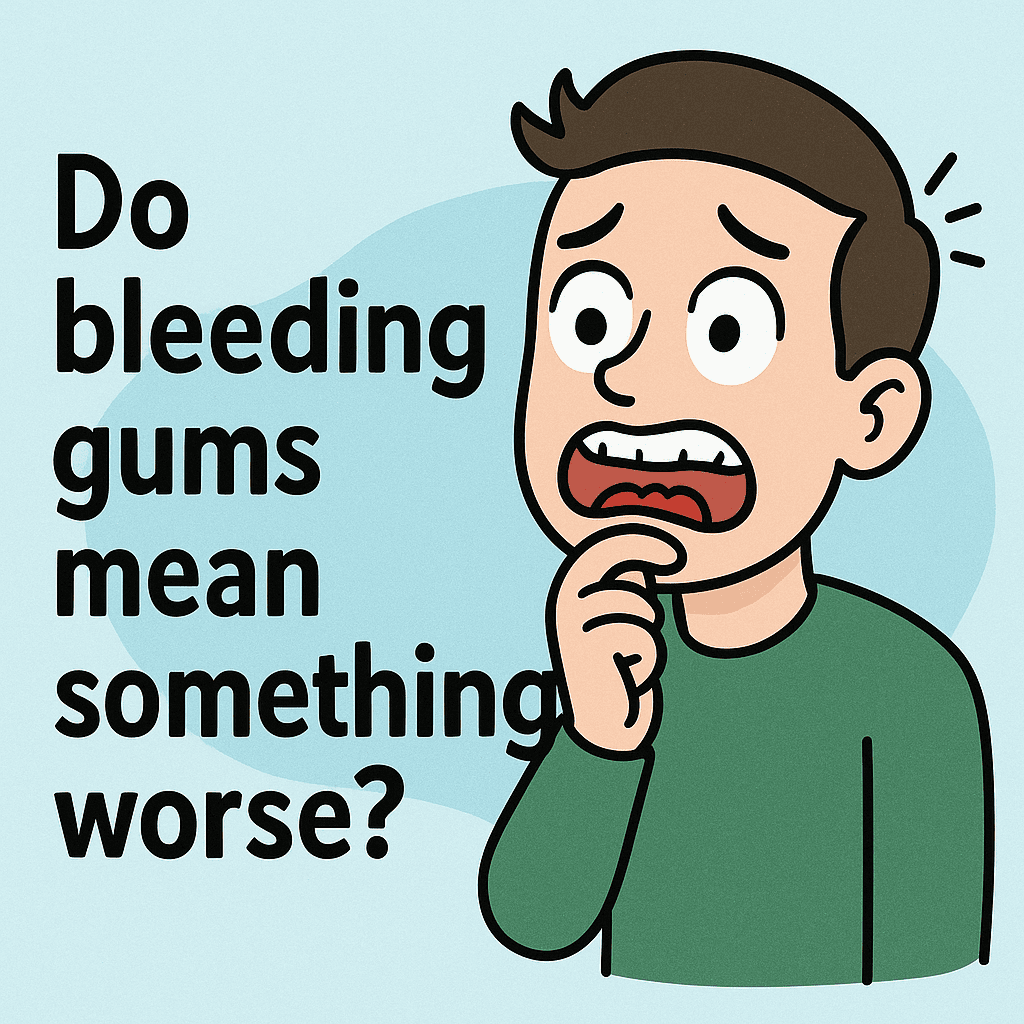We are a professional review company that receives compensation from companies whose products we review. We test each product thoroughly and give high marks only to the ones that are the very best. We are independently owned, and the opinions expressed here are our own.
Gaslighting is a form of emotional manipulation and psychological abuse that can occur in relationships.
Recognizing the signs and knowing how to address this behavior is essential for maintaining emotional well-being.
So, if you are wondering about what gaslighting is, the signs, and how to address it, this article is for you.
What is Gaslighting?
Gaslighting involves one person attempting to make another doubt their own reality, perception, or sanity.
It often manifests as denying facts, trivializing feelings, shifting blame, or distorting the truth.
The term originates from a 1944 film, “Gaslight,” in which a husband manipulates his wife into believing she is going insane.

Signs of Gaslighting
Now that you know where the term originated, let us look into this phenomenon in greater details, by learning to identify five common signs of gaslighting:
Denying the Truth
Gaslighters may frequently deny things they said or did, even when there’s concrete evidence to the contrary. For example, if they promised to attend an important event but claim they never made such a commitment.
Trivializing Feelings
Gaslighters often downplay or dismiss their partner’s emotions, making them feel irrational or overly sensitive. For instance, if someone expresses hurt feelings over a hurtful comment, the gaslighter might say, “You’re too sensitive; I was just joking.”
Shifting Blame
Gaslighters are experts at shifting blame onto the victim, making them feel responsible for the gaslighter’s actions or emotions. For instance, if they forgot to pay bills and accuse their partner of not reminding them, making it their fault.
Withholding Information
Gaslighters may withhold crucial information, leaving their partner feeling confused or isolated. An example could be not telling their partner about plans and then blaming them for not knowing about them.
Contradictory Statements
Gaslighters may make contradictory statements to confuse their partner. For instance, they might say something offensive and later deny ever saying it.
Since this is a toxic behavior, you might want to read my article about how to identify toxic behaviors and address them next.
How to Address Gaslighting
Trust Your Gut
If something feels off in the relationship, trust your instincts. If you sense manipulation, it’s essential to explore those feelings.
Example: If your partner frequently contradicts themselves but insists they are consistent, trust your memory and instincts.
I have discussed the importance of trusting your gut or intuition in greater detail in this article.
Document Incidents
Keep a record of conversations and incidents to maintain clarity. This can help you track patterns of gaslighting and validate your experiences.
Example: Keep a journal or notes of instances when your partner denies something they previously said.
Seek Support
Talk to friends, family, or a therapist about your experiences to gain perspective. Discussing your feelings with others can provide valuable insights and emotional support.
Example: Share your concerns with a trusted friend who can offer an objective viewpoint.
Set Boundaries
Establish clear boundaries and communicate your expectations with the gaslighter.
Be assertive in expressing your feelings and needs.
Example: Communicate that you won’t tolerate being blamed for their mistakes and that you expect open and honest communication.
Here are a few other examples of how to have healthy relationships.
Consider Ending the Relationship
If gaslighting persists and the relationship is toxic, consider ending it for your well-being. Sometimes, the best solution is to remove yourself from a harmful situation. Example: If your partner continues to manipulate and gaslight despite your efforts to address the issue, ending the relationship may be the healthiest choice.
The Issues with Gaslighting
Gaslighting is a toxic form of emotional manipulation and psychological abuse that can occur in relationships.
This article delves into the intricacies of gaslighting, providing a comprehensive understanding of the signs, such as denying the truth, trivializing feelings, shifting blame, and distorting information.
It also offers strategies on how to address gaslighting, including trusting your instincts, documenting incidents, seeking support, setting boundaries, and considering the possibility of ending a toxic relationship.
The article empowers individuals to recognize and confront gaslighting behaviors, promoting healthier, more respectful connections built on trust and open communication.
To your success,



What do you think about the article you've just read? Please tell me below.